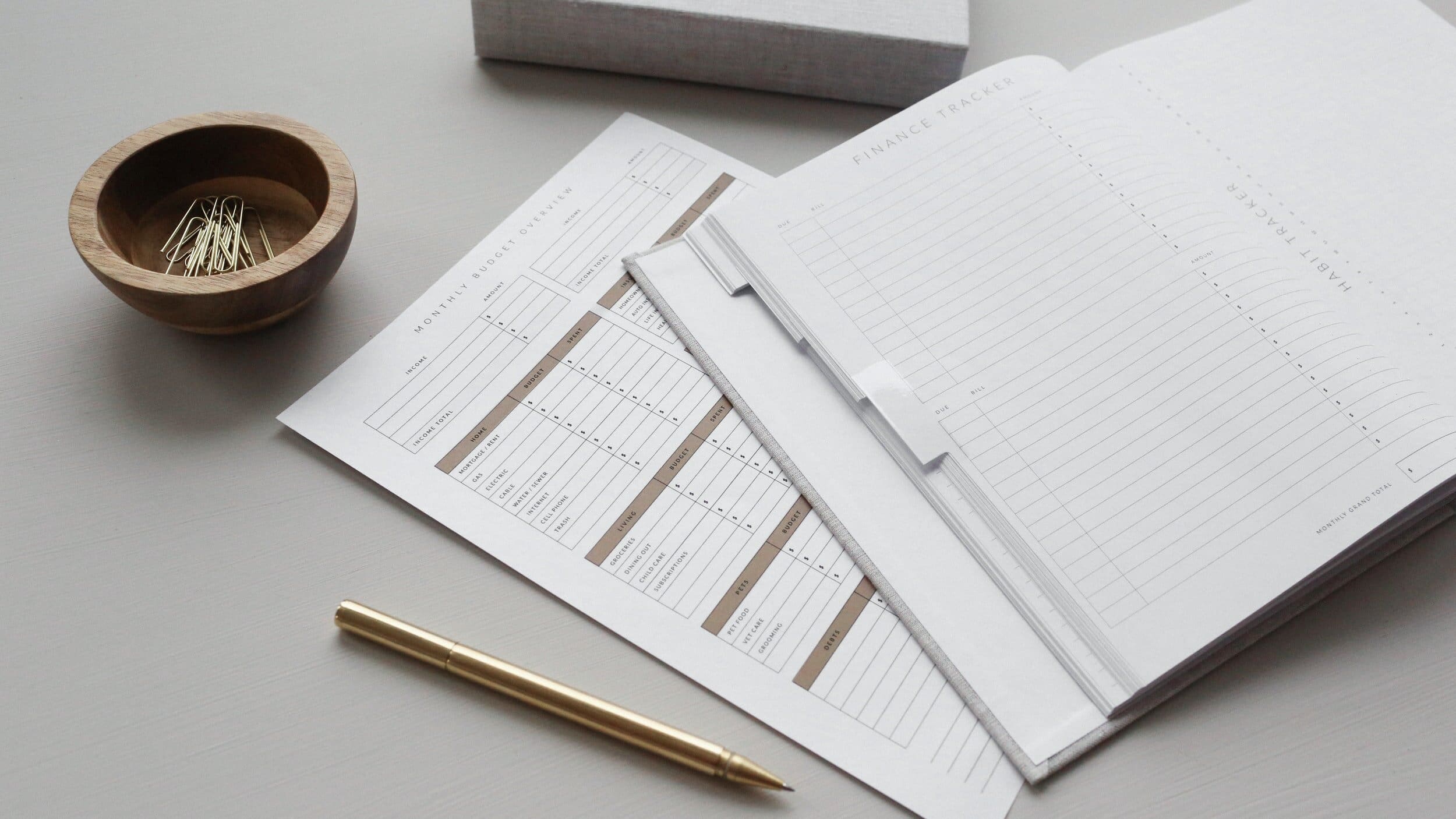Written by

We often think of money as quantitative and concrete – it’s all black and white. It’s about dollars and cents and things have to add up, it’s an exact science.
That may be true when it comes to bills, prices, and balancing your account every month, but in our experience, it’s the opposite when it comes to your mind’s ability to make decisions about your money. In that case, it’s emotional, hard to predict, difficult to teach and, it seems, not consciously in your control.
In fact, there’s tons of data to support this. This Harvard professor says that 95% of purchasing decisions are actually subconscious. A subconscious decision is one that is influenced by the part of the mind of which one is not fully aware. For example, when you are stressed out, you may resort to a pattern of behaviour that you don’t choose willingly, like biting your nails or snacking. You likely don’t realize you are engaging in this pattern of behaviour until it is brought to your attention.
Our decisions on how and when we spend money is driven by the same part of our mind. The subconscious learns its patterns from past experiences and the steps that were helpful in that particular moment. For example, if you grew up for a period of time with a parent that was unemployed and it caused your family to be very careful with how you spend, you may subconsciously have the pattern of saving, which will be even more pronounced when you lack job security. This affects your saving, but it also affects other areas of your life and decisions that ultimately affect your finances. You may be afraid of starting a business or pursuing another career because of a fear of losing steady employment.
Still don’t believe it? Think about some of the past purchases you’ve made. Whether they are your morning coffee, your mortgage/rent payment, parking, anything really. What was the math behind that decision? Now think about the emotional side of the decision. Were there specific feelings, rules of thumb, or autopilot patterns of behaviour that drove the decision to spend or save the dollars?
Consider Tomas’s example about having a leak in his 20-year-old hot water tank. He asked his older neighbour, Sasha, if he might know a good plumber. Sasha shook his head and said: “In my first house, the water heater leaked and ruined our basement. It was a fortune to fix, ruined priceless memories. The tank was only 10 years old! I swore then and there that I would never let a hot water tank go 7 years without replacement”.
Now, the cost of replacing a tank every 7 years is high, and likely unnecessary, but in that moment, the stress that Sasha remembers from his first leak was so traumatic for him, he never wants to go through that again. So he readily spends thousands of dollars before he needs to in order to prevent that pain from returning.
Are there any strong money memories you have that have dictated the way you spend? On our team, when we posed the question, we thought of a few! Memories like always buying snacks at the airport in case your flight is delayed because you were once stuck on the plane for way too long with no food. Another one we heard was from a team member whose mom always decorated the home for each season. As she tries to do this in her home today, she realized she spends between $300 and $500 every few months on home decor just to keep up with your regular seasonal holidays. While she wanted to provide the same joy her mom had offered her, she didn’t realize how much this innocent habit was affecting her annual budget.
If we can now accept that emotions are part of the equation when we make a financial decision, then where does that leave the math? Well a good way to think about it is to consider how you choose to make a purchase? Do you pull out a budget and calculate what you can afford? Do you know your own numbers off hand? Do you have rules of thumb for what you’re willing to pay?
How about when something that you’re used to buying suddenly increases in value? Take gas prices. In the past year they have increased by over 30%. Are individuals looking at their budget to see where they can drive less or cut other spending? If not, is it because of an emotional reason? Gas is often considered a basic human good – almost a right. We need transportation to live. So it feels really degrading to think that we cannot afford it – and we don’t like to feel that way!
By accepting these truths around money and our emotions, we can begin to be more aware of how emotions affect our spending. Is it retail therapy? Or do we need that item? When do we notice we splurge the most?
The more we can learn about our own patterns, the better chance we have to change them.
How do our emotions affect our money decisions? In a bigger way than we expect! In this article, we dive into ways that our…
This is a set of the most impactful and helpful questions to ask in order to identify your partner’s money story and complete a…
We all know that we should save more, but why is it that some people (like Buffet) find it easy, while others struggle…





